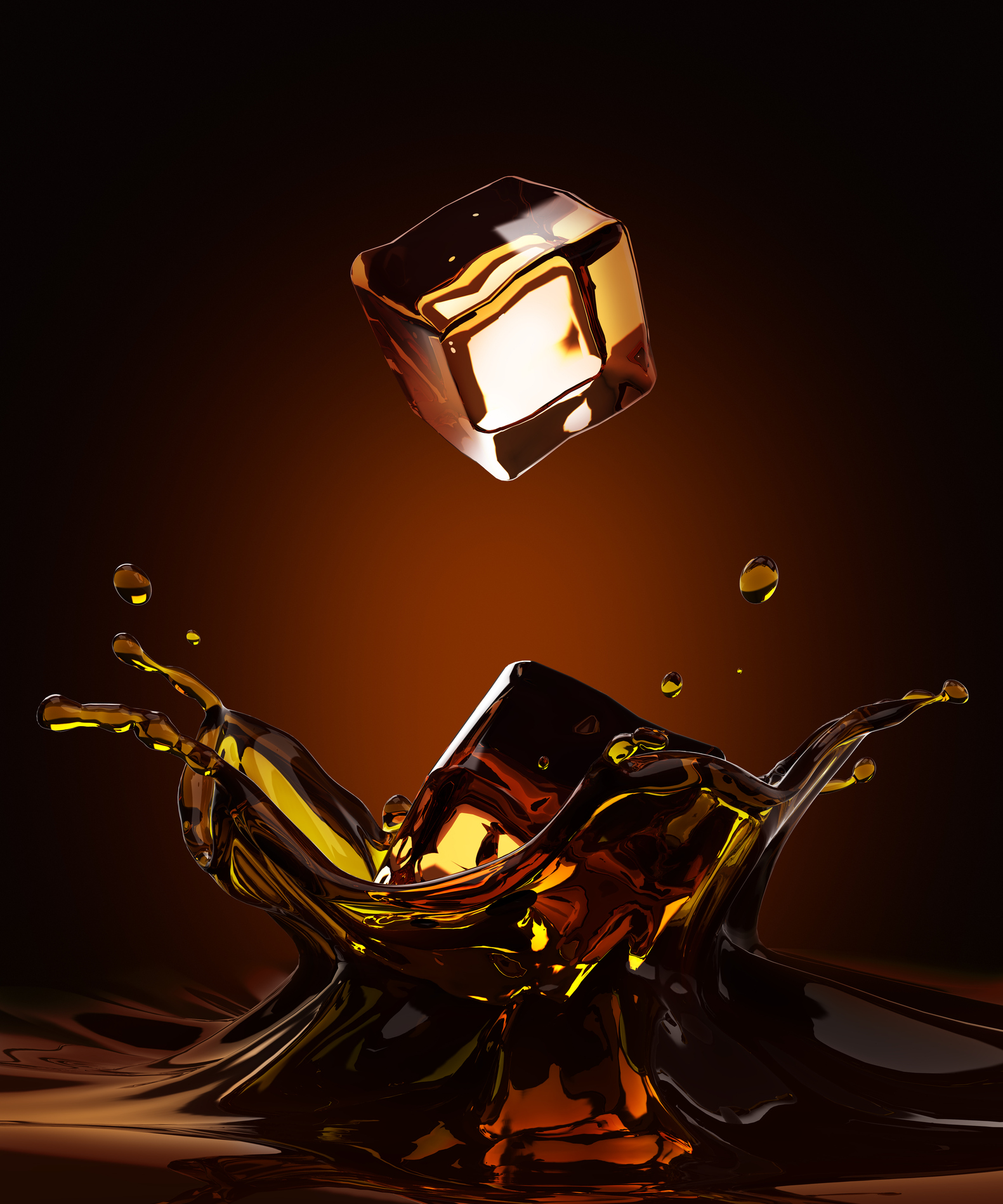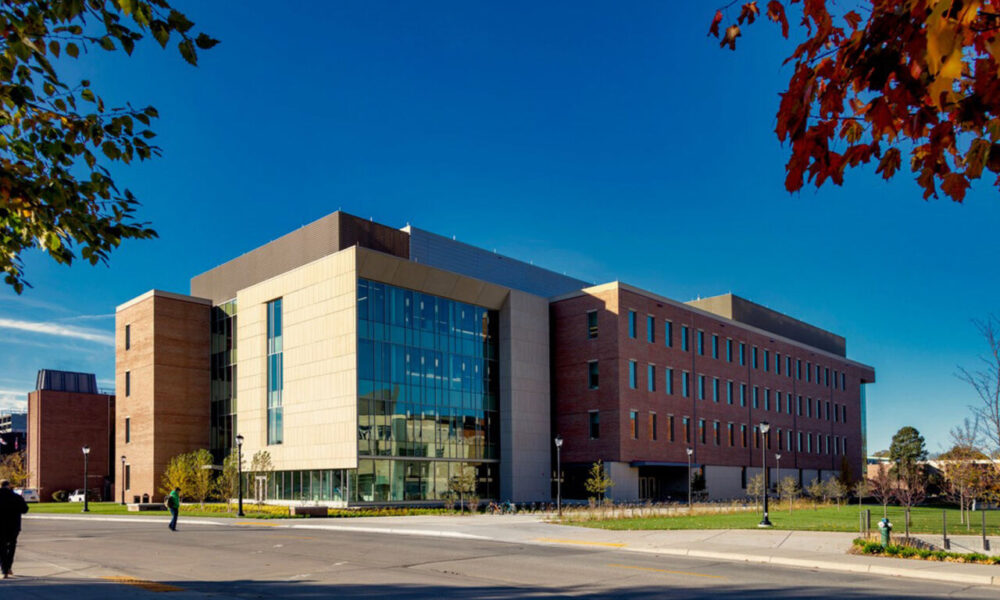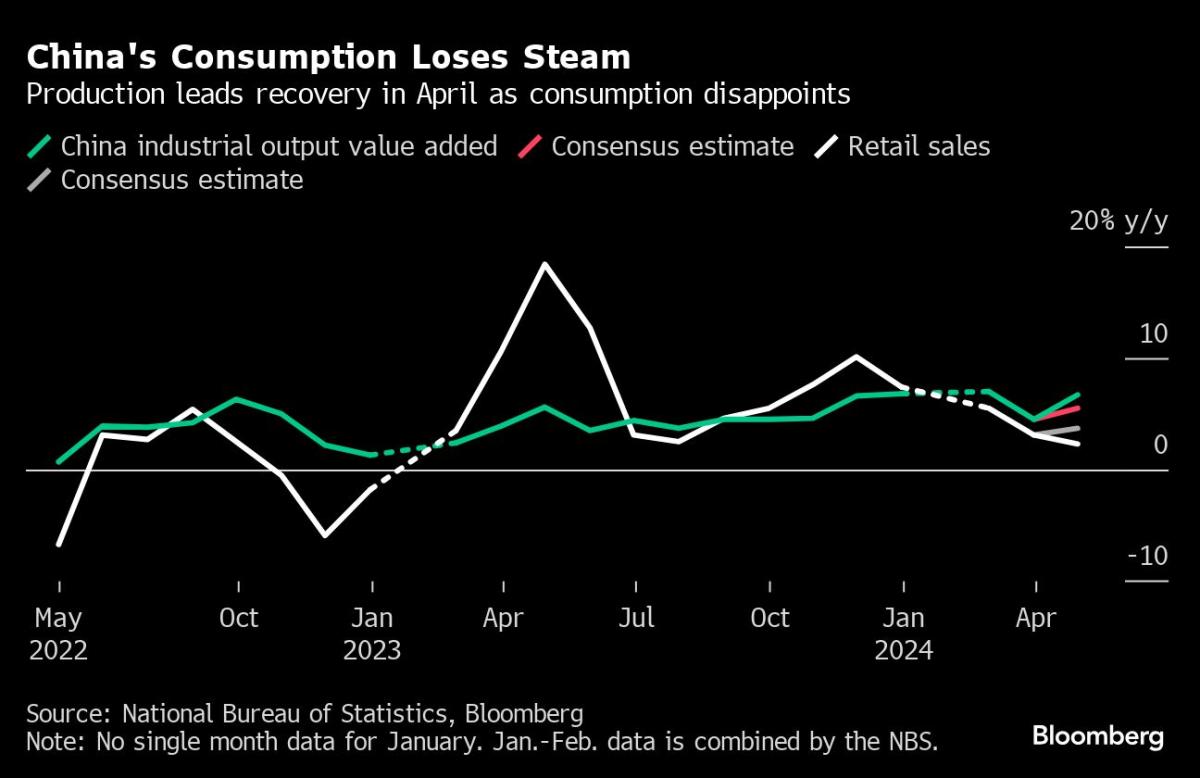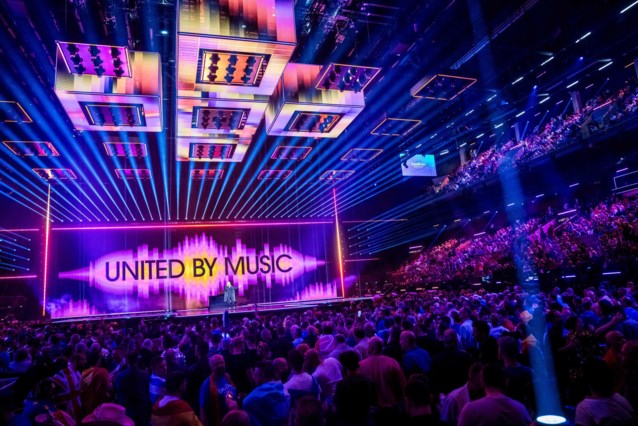
A recent study has shed light on the differences in taste between a glass of whisky served neat and one served on the rocks. Scientists have discovered that the shapes formed by water and ethanol molecules in the drink affect its flavor profile.
Lei Jiang and his team from the Chinese Academy of Sciences conducted research to investigate how factors like temperature and alcohol by volume (ABV) impact the molecular composition of drinks such as beer, rice wine, and baijiu. Using techniques like nuclear magnetic resonance imaging and computer simulations, they examined the surface tension of various types of alcohol.
The scientists analyzed the clusters of water and ethanol molecules at different levels of ABV and temperatures, observing changes that occurred within the beverages. To understand how alterations in molecular clusters influenced people’s perceptions of the drinks, Jiang’s team collaborated with the Chinese baijiu brand Wuliangye to conduct taste tests.
The results showed that liquids that were colder and less alcoholic were associated with a more refreshing taste due to the structure of their molecule clusters becoming more compact when the temperature dropped. On the other hand, drinks that were warmer and had a higher ABV were perceived to be more pungent and tasted more alcoholic because of changes in their cluster formation. However, Gavin Sacks from Cornell University cautioned that linking molecular clusters to taste is complex and pointed out that the burning sensation of alcohol triggers the same receptors in the mouth as heat does.







